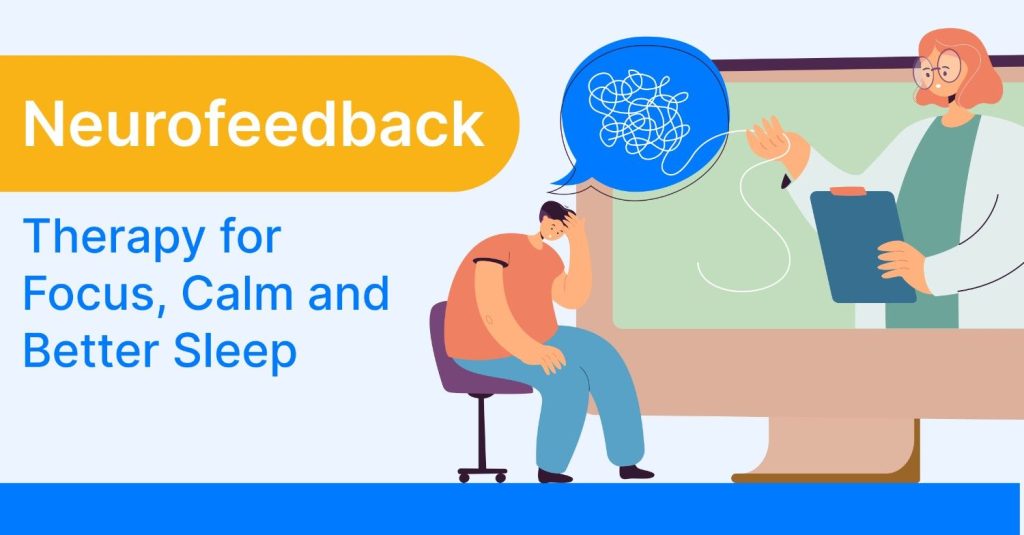Comparing your child to his/her older sibling might be affecting them deeply. You need to stop doing this before it’s too late.
“Why can’t you be more disciplined like your brother?”
“Look at how well she’s performing at school. You need to be more focused like her.”
“Your elder sibling is so fit. And look at you, you’ve put on so much weight!”
“Look at where your sister has reached in life. If you keep behaving this way, you’ll never find a good partner.”
These sentences may seem harmless to you. As a parent, all you are trying to do is instill a sense of discipline in your child, right? And by comparing your younger child to your elder one, you’re only trying to use the latter as an example. If by following the elder sibling’s footsteps, the younger child can improve, then why not compare, correct?
A parents’ intentions are always harmless and that can’t be questioned. But they may be doing some things without realizing the ill effects it may have on their child. And drawing comparisons between the younger and elder siblings is the most common mistake parents make.
How comparisons affect your child’s mental health
Damaged self-esteem
If you keep comparing your child to his/her sibling, it’s bound to have a severe impact on their self-confidence and self-esteem. This practice by parents is known to be a major cause of even mental illnesses such as anxiety and depression. The child feels worthless as he/she begins to believe they are not good enough like their siblings.
They constantly seek validation from their parents by trying to match up to their siblings. In doing this, they lose their sense of self.
Rivalry with sibling
Naturally, if your child is constantly compared to his/ her sibling, he may begin to resent them. In their mind, the sibling is the cause of all the mental trauma that your child is going through. It’s the sibling’s perfection in the first place that is causing parents to even draw comparisons. So why not hate him/her, right?
This in turn puts a strain on their relationship. They may be getting along perfectly well earlier, but the comparisons would eventually cause a rift.
Rebellious attitude
After trying to constantly become like their sibling, your child would reach a point of exhaustion. If being compared to them is all they have to live through, why bother even trying? This could make them rebellious. They can act out by deliberately disobeying your orders, and doing things to upset you.
Depression
Low self-esteem, low self-confidence, and the constant feeling of worthlessness might push your child into depression. This condition could make him/her give up things in life that would give them joy.
Anger issues
Your child may become bitter, angry, and resentful after constantly being made to feel like he/she is not good enough. They could act out by having angry outbursts, behaving bratty, or disobedient. The child could even get physically violent with his/her sibling or take out the aggression on their friends.
Experience limited opportunities
In order to follow their sibling’s footsteps, your child could face limited opportunities and would have to give up things that they love. For example, if your elder child loves cricket, the younger child would pick up the sport in order to please you. He/she might not even enjoy the sport and would love to learn an instrument instead. But they would give up on their dreams in order to meet your expectations.
Doing this constantly would therefore kill their spirit eventually.
How brain training can help
If your child is suffering from depression, anger issues, anxiety, trauma, brain training can help him/her lead a happy life once again. This US, FDA-approved, and NASA- inspired technology called Neurofeedback can restore the imbalance in the brainwaves. A stressful home environment could result in the same, therefore giving rise to the mental illnesses mentioned above.
Although brain training can help your child cope with a stressful environment, it’s your job as a parent to make the difference. If you are guilty of drawing comparisons, stop now. Instead, cherish and value your child for who/she is. Embrace the uniqueness of your child instead of comparing them to their siblings or others in general. Every child is special.
To learn more about Neurofeedback, visit here.





